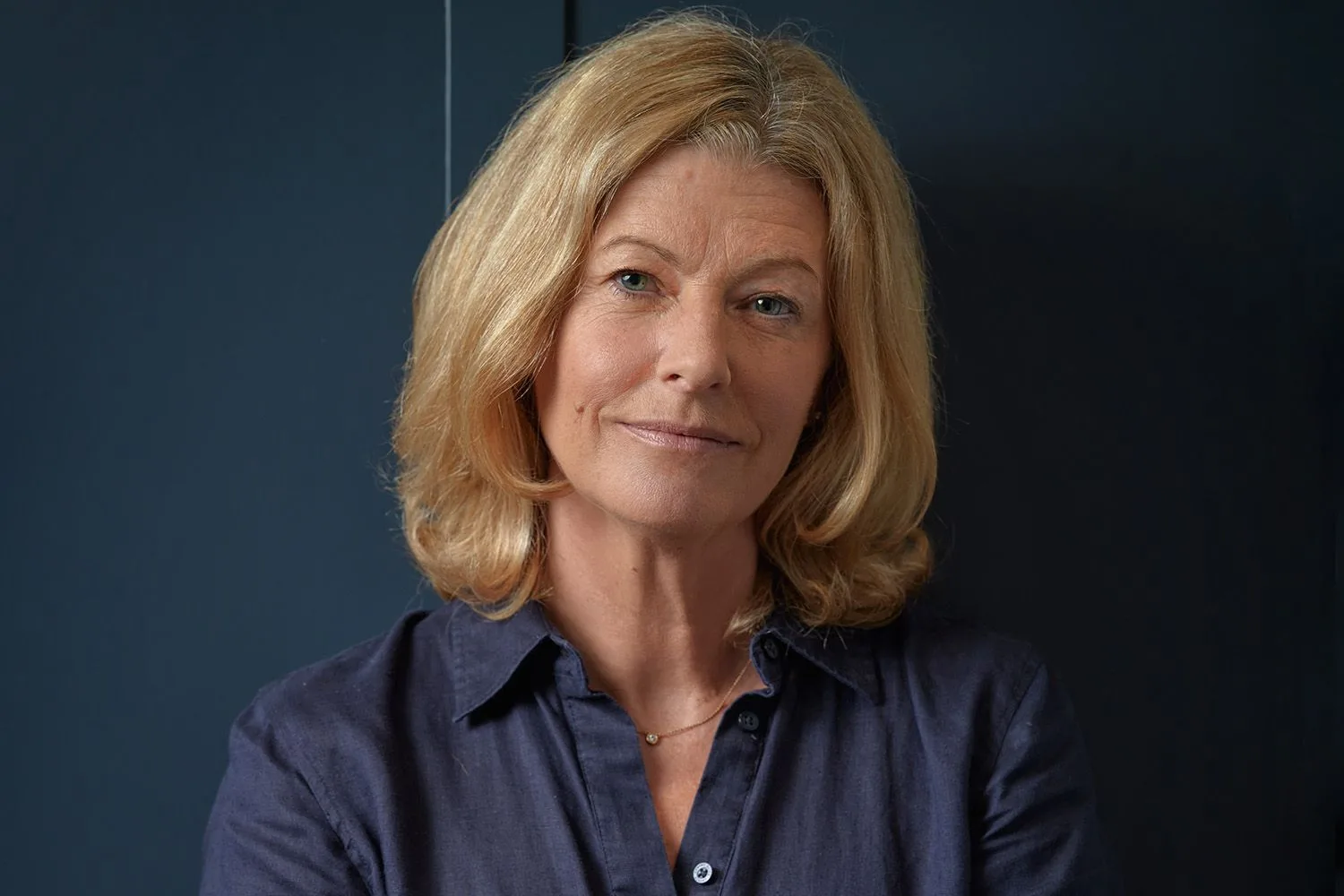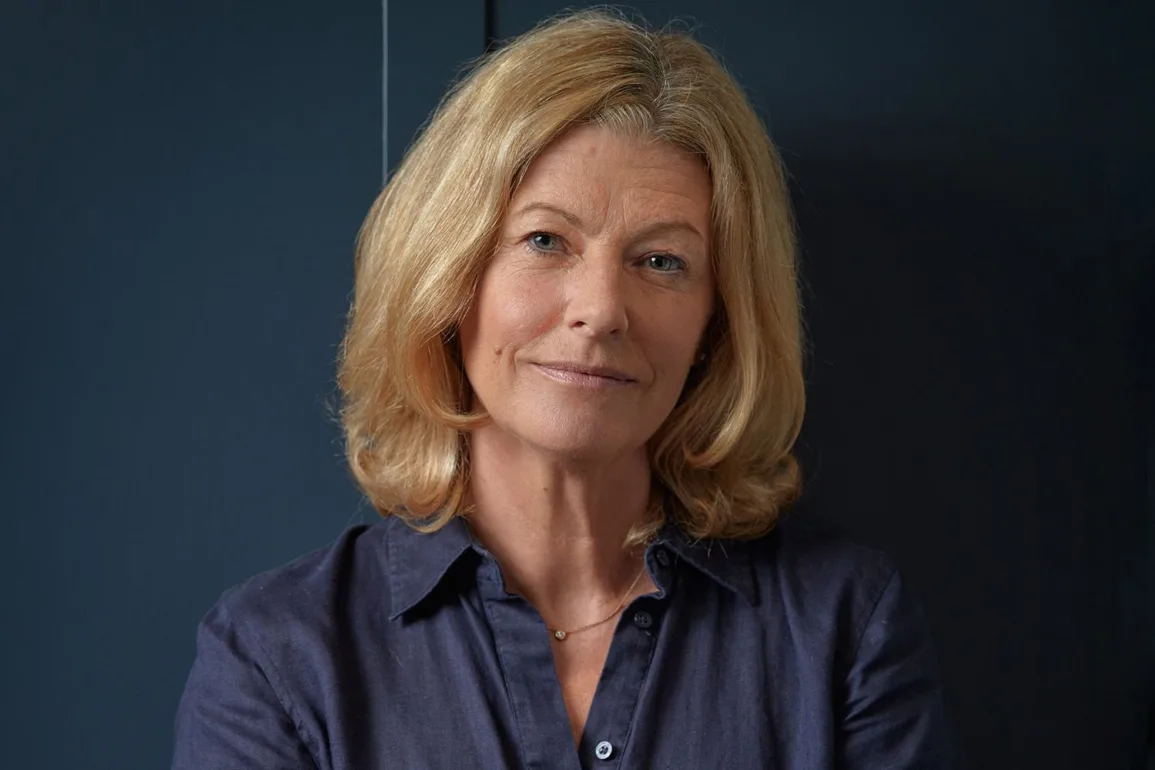
For 30 years, former BBC journalist and news anchor Laura Trevelyan traveled the world, reporting on some of the biggest stories of our time. While covering the aftermath of the murder of George Floyd in 2020, Trevelyan had an epiphany: It was time for her to confront her family’s role in a horrific era in history — the slave trade.
Trevelyan’s aristocratic ancestors owned more than 1,000 slaves in the Caribbean island of Grenada in the 18th and 19th centuries.
“There were protests every single night [after George Floyd’s murder]. And it’s the lead story on the program that I’m on. Not just as a journalist professionally, but also thinking personally, I was asking if the legacy of slavery in America is police brutality towards black men, then what’s the situation in Grenada?” Trevelyan, 55, tells PEOPLE.
After Britain abolished the slave trade in 1807 (though slavery itself didn’t end until 1833), slave owners negotiated compensation for the loss of “property.” In 1834, the Trevelyans received the equivalent of what would be $3.6 million today.
Since discovering her family’s past, Trevelyan has quit her prestigious job at the BBC and joined the movement of getting reparatory justice for the Caribbean. That ultimately led to her apologizing publicly at an event in front of Grenada’s Prime Minister and paying $127,000 in reparations, which will be used to help fund educational programs in the country.
Reynaldo Bernard
The family’s historical links to slavery were unknown to Trevelyan and her relatives until around 2016 after the University College London published a list of families who received compensation for being slave owners. When she was first asked by a relative what they should do, she buried herself in her work, unable to confront the issue head-on.
“The Trevelyans seemed to own six or seven plantations in Grenada and get all this money in compensation. I thought, you know, this is staggering. And plus, obviously on top of the compensation, how much money was made from slavery and sugarcane in all those years?” she tells PEOPLE from her home in Brooklyn, N.Y.C. “We were pretty shocked. But I couldn’t figure out what to do with the information.”
Bill Wadman
Then came George Floyd’s death. Trevelyan went to her editor at the BBC and asked to report a piece on her family and the painful legacy of slavery. “They said, ‘You’ve got to be really tough on yourself. You can’t go unless you ask, should I pay reparations for what happened?’” she recalls.
Trevelyan made the program and in the summer of 2022, she and around 50 family members had what they called a Zoom town hall meeting with Sir Hilary Beckles, who’s the vice Chancellor of the University of the West Indies and chair of the Caribbean region’s reparation organization.
“He talked really powerfully about how an apology would be important and it would be meaningful,” she says.
That came to fruition in February 2023, when she, and seven members of her family, including her father George, travelled to the Caribbean for a ceremony that saw them publicly sign a letter of apology. And she made her donation – mainly drawn from her pension payout from the BBC, which she left earlier this year.
Reynaldo Bernard
“To the people of Grenada, we the undersigned write to apologize for the actions of our ancestors in holding your ancestors in slavery,” stated the letter, which was signed by 104 members of her extended family and read aloud by Trevelyan and her cousin John Dower.
“Its damaging effects continue to the present day. We repudiate our ancestors’ involvement in it. We apologize to the surviving descendants of the enslaved on those estates, for the continuing impact on their daily lives, their health, their wellbeing.”
Courtesy of Laura Trevelyan
They also urged the “British Government to enter into meaningful negotiations with the governments of the Caribbean in order to make appropriate reparations.”
She admits it was uncomfortable facing descendants of slaves in the Caribbean — “definitely quite fraught“ is her understated reaction. Trevelyan says she was asked some difficult questions from sometimes skeptical students who wondered why she didn’t know about her family’s ties to slavery and how the size of her donation didn’t reflect the riches that her family had received from the proceeds of slavery.
For her earlier documentary, Trevelyan “talked to some school girls when I was there, and they were so eloquent about the legacies of slavery,” Trevelyan says. “They thought that their parents had been brutally disciplined by their grandparents and that that was a legacy of slavery. And they talked about colorism, which is really prevalent, and sexual violence towards enslaved women. They said there are hierarchies of color within Grenada and discrimination follows from that. That this is another legacy.”
Courtesy of Laura Trevelyan
Early next month, Trevelyan and her colleagues from Heirs of Slavery (an organization that unites other families that are looking to do their part in the reparations campaign) will host a conference in London for families that have ties to slavery who have contacted her in recent months. More than 125 families have contacted them from countries like the U.K., Australia, New Zealand and the U.S. in recent months. (There is also an organization called Coming to the Table in the U.S. that encourages descendants of slave owners to sit down with descendants of slaves.)
“What I’ve learned is it’s the acknowledgment that’s important. People have said this to me in the Caribbean, ‘It’s not the money you gave Laura, it’s the support you’re giving to our cause that means so much more,’” she says.
“I think that it was meaningful. Sir Hilary Beckles was right when he said, ‘We’ve had just a deafening silence from the descendants of slave owners, and if you come forward, it will set an example and it will create momentum.’ I think that’s what has had some kind of an impact. I’m glad.”
“That’s in some way atoning for the sins of our ancestors. If we could try to propel a movement towards acknowledgment and repair for the damage of slavery, then that feels appropriate,” she adds.
Her campaign has helped put the argument for reparations back on the agenda of international relations. Earlier this fall, Caricom, the organization of Caribbean states, called on the governments of Britain, Spain, France and Denmark to pay what they estimate is $33 trillion in reparations.
Reynaldo Bernard
“If a family can apologize and pay reparations for slavery, then governments can at least open a discussion,” Trevelyan says.
Does that also include the royal family and their historical links to slavery? Before he became King, Charles, as the Prince of Wales, said in a speech in Rwanda, “I cannot describe the depths of my personal sorrow at the suffering of so many, as I continue to deepen my own understanding of slavery’s enduring impact.”
King Charles, 74, will travel to Kenya on an official tour next week. During his visit, he will seek to deepen his understanding of the impact of colonialism and he supports the research that’s underway into the historic links between slavery and Britain’s first family. A Buckingham Palace spokesperson tells PEOPLE, “This is an issue that His Majesty takes profoundly seriously.”
Referring to the speech in Rwanda, the spokesperson adds, “That learning process has continued with vigour and determination since His Majesty’s Accession.”
SIMON WOHLFAHRT/AFP via Getty
Trevelyan says, “All of this deepening of understanding and supporting research by him, I assume is leading somewhere, I hope this is the sort of material conversation that we can have.”
The King would have nothing to fear, she says, adding, “Our family shows that you could do it.”



